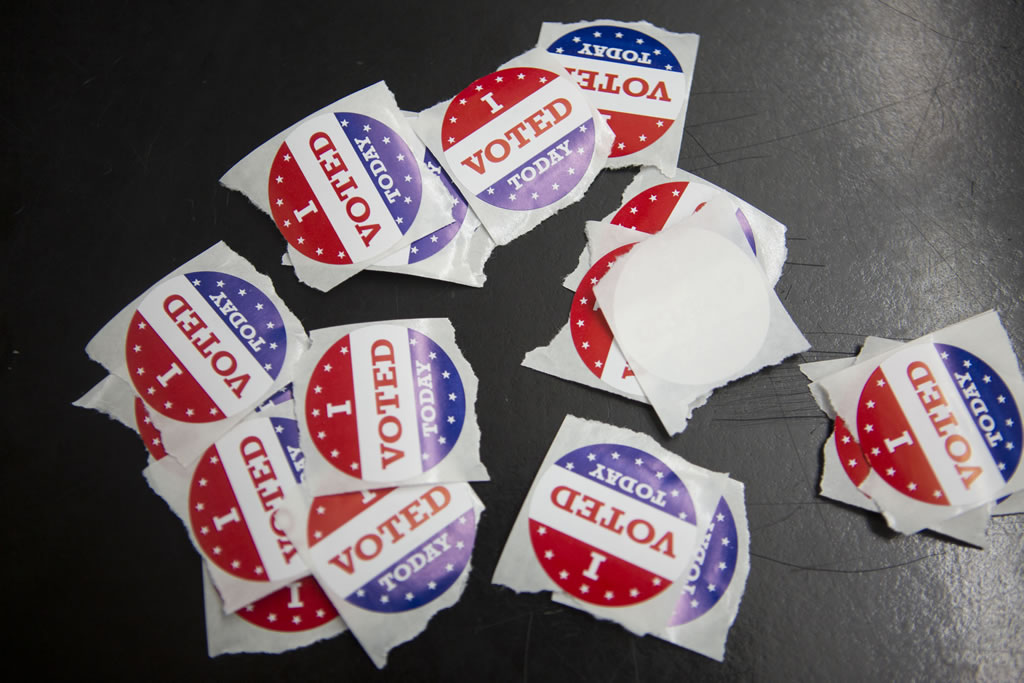The state Elections Commission dismissed a complaint over five Wisconsin cities accepting private money to cover election costs last year, finding there was no probable cause to believe "that a violation of law or abuse of discretion has occurred."
The commission rejected the conservative Amistad Project's assertion that accepting the money violated state law and the U.S. Constitution. It found th...
Please log in to access subscriber content.
If you don't have a subscription, please contact schmies@wispolitics.com for subscription options on the WisPolitics-State Affairs platform, which is the new home for WisPolitics subscriber products.


